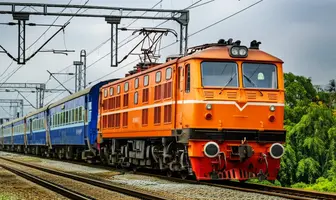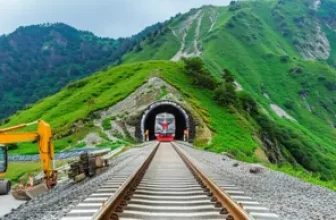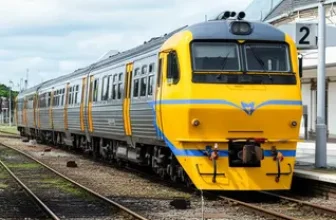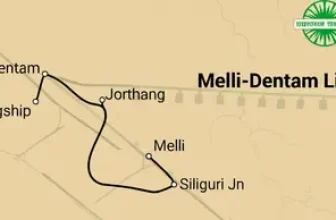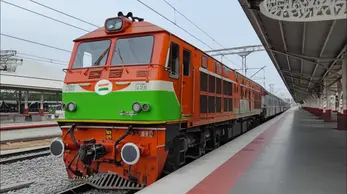
In a bold new approach to handling disruptions caused by rail protests, the Northeast Frontier Railway (NFR) is breaking from tradition by implementing a combination of legal and financial measures. The railway network, recognized for its critical role in connecting communities across the region, is now adopting strategies aimed at holding individuals and groups accountable for unlawful protests and blockades on railway tracks.
For decades, railway authorities faced challenges in mitigating the impact of disruptions, often resorting to conventional methods or temporary solutions. However, NFR’s newly initiated strategy marks a significant evolution in how railways engage with such protests. Under this initiative, the NFR has begun filing civil compensation lawsuits against those whose actions have led to extensive operational delays and financial losses.
The legal enforcement tactics deployed by NFR are evident in their recent actions. Officials from the railway have confirmed that lawsuits seeking a staggering ₹5.94 crore in damages have already been initiated in Alipurduar and Malda civil courts. These suits aim to recover losses inflicted by lengthy disruptions, which have had far-reaching effects on service punctuality and safety. Notably, since implementing these legal measures, NFR has successfully disbanded four planned “Rail Roko” protests, demonstrating the potential effectiveness of this new approach.
According to Sabyasachi De, Chief Public Relations Officer for the NFR, the organization is committed to ensuring seamless rail operations and public convenience. He articulated that the strategy, spearheaded by Senior Divisional Operations Managers with the backing of the Railway Protection Force (RPF) and legal teams, is creating a model of administrative resolve within the railway zone.
The combined approach of legal and financial accountability aims to also deter future protests by emphasizing the consequences of such actions. By holding protestors financially responsible for damages, it reinforces the messaging around the necessity of using railway infrastructure for its intended purposes. This efficient means of handling disruptions can greatly enhance the operational stability that both passengers and freight operators rely upon.
Historically, strikes and protests have often been a go-to method for groups seeking to express dissatisfaction with government policies or local issues. However, through this initiative, NFR underscores the implications of such demonstrations on public transportation systems vital to daily commuters and economic viability.
NFR’s approach aligns closely with broader objectives set forth by Indian Railways to maintain punctuality, safety, and operational efficiency. It is crucial as the railway agency seeks to provide uninterrupted services, especially in a region that heavily depends on train connectivity for both daily commuting and commerce.
Beyond the immediate goal of mitigating disruptions, the introduction of legal action against protestors symbolizes a larger shift in accountability within public service operations. This initiative could set precedents for other rail networks across India facing similar challenges. The NFR’s legal framework may inspire a rethink of how railways engage with dissent, creating a safer and more reliable service environment.
As the Northeast Frontier Railway continues to refine its strategies and implement this innovative tactic, it serves not only to restore functionality but also to encourage dialogue about acceptable forms of protest. There is potential for the railway system to engage more constructively with community concerns, paving the way for collaborative problem-solving while ensuring that essential services remain undisrupted. The balance struck by NFR in handling dissent through legal means emphasizes the importance of safeguarding public services for the wider community.

